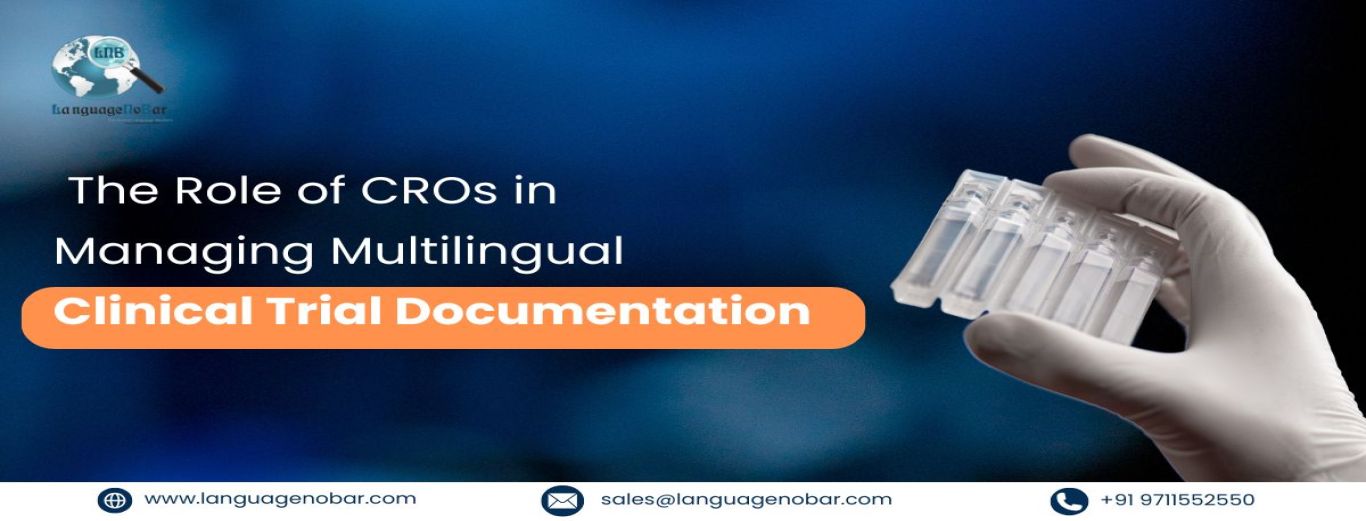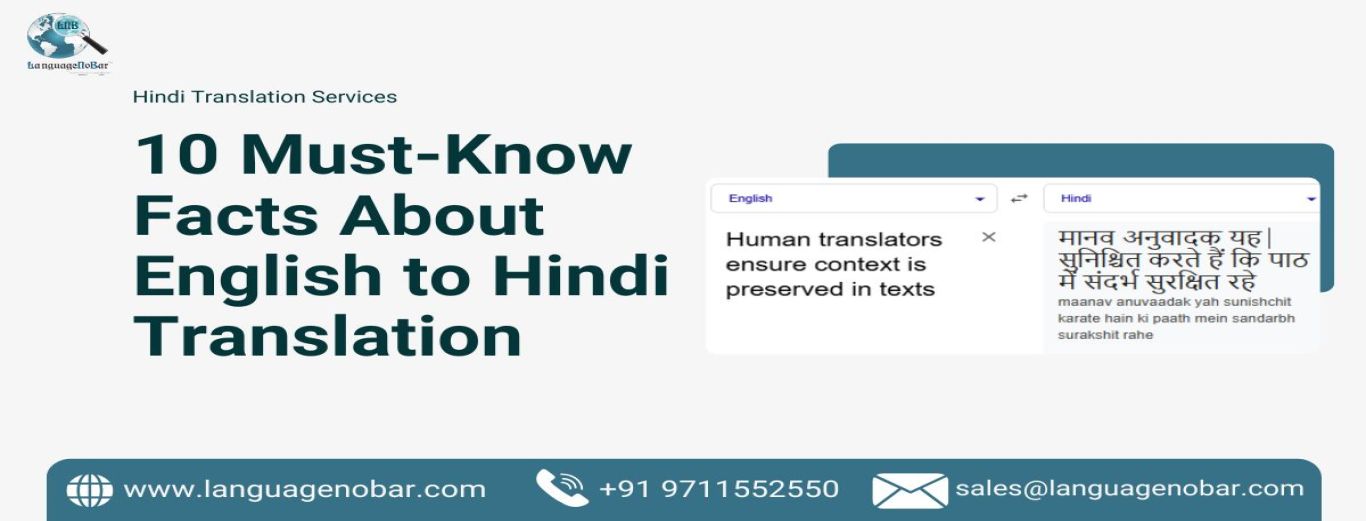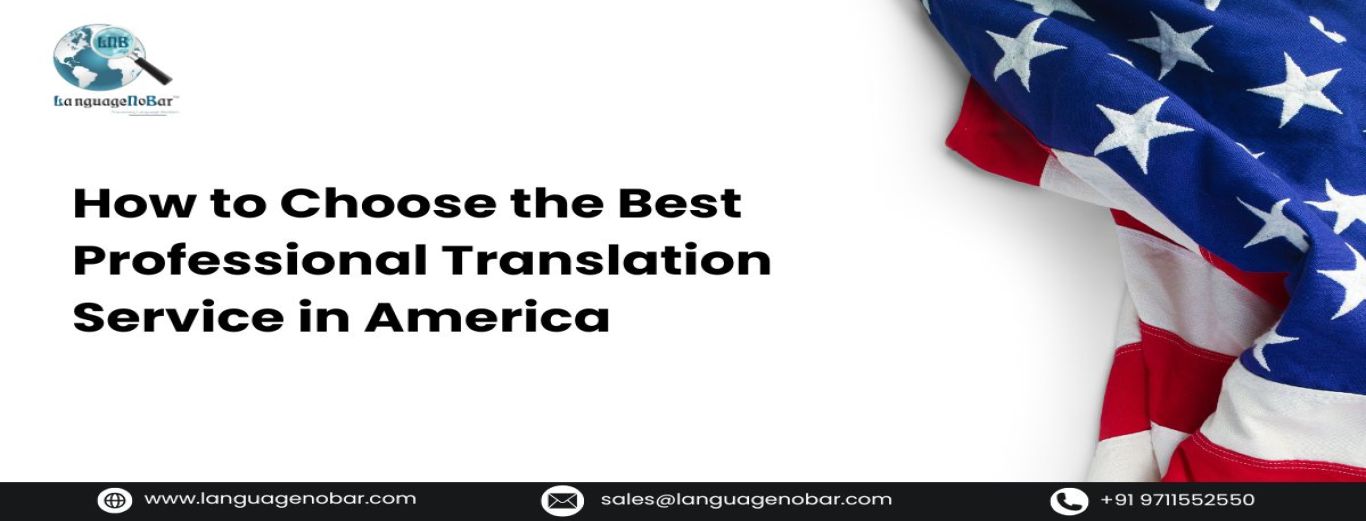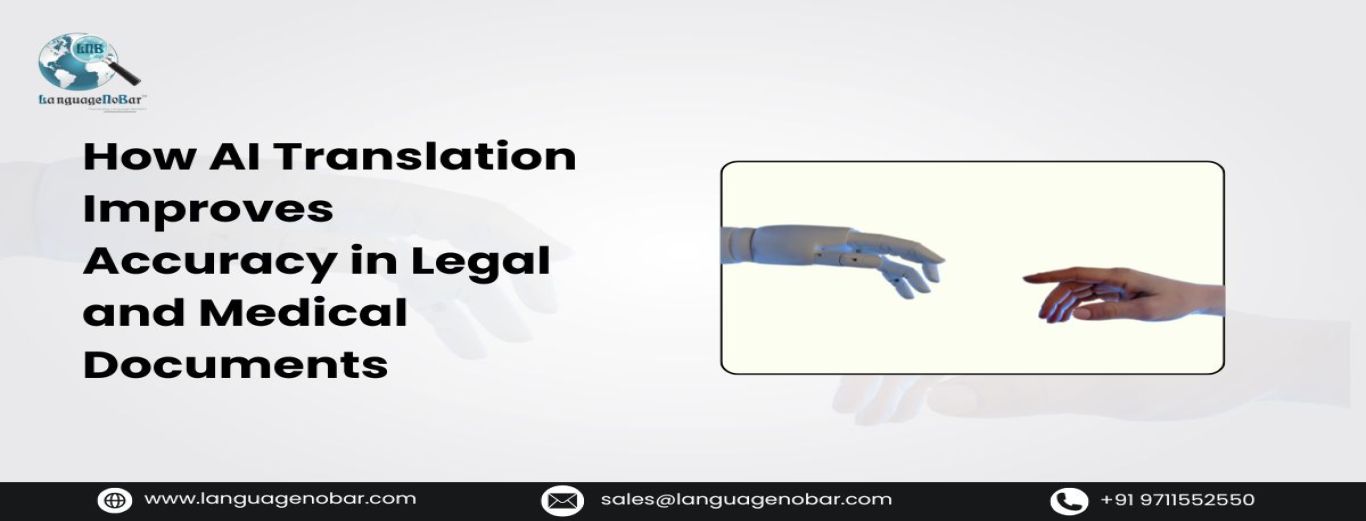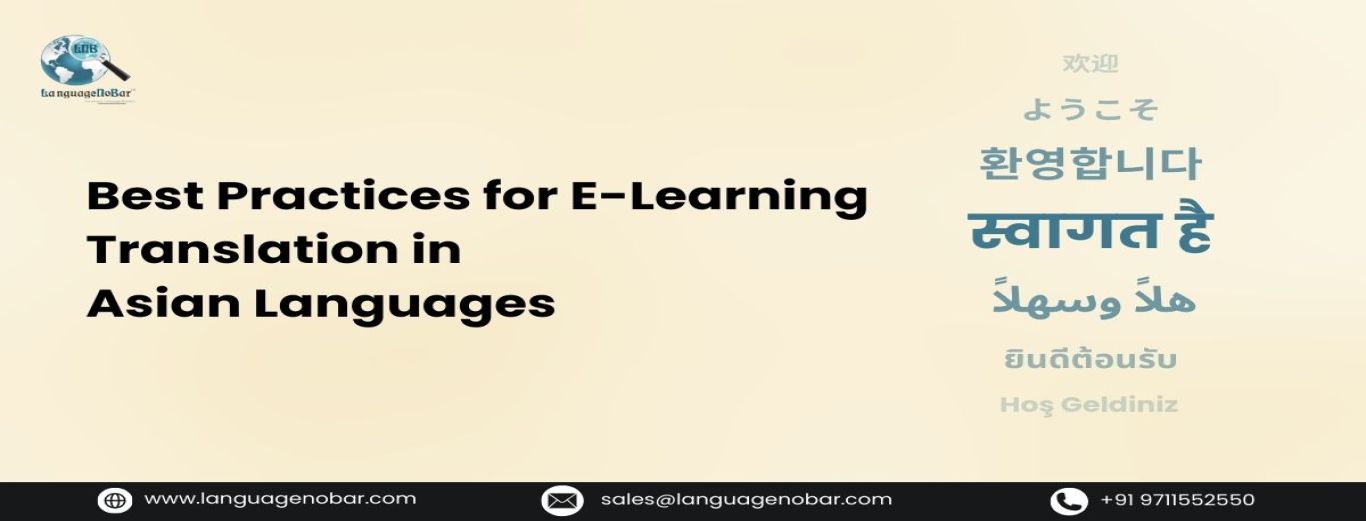The Role of CROs in Managing Multilingual Clinical Trial Documentation
- Blog
- Comments (0)
The Role of CROs in Managing Multilingual Clinical Trial Documentation
During the COVID-19 vaccination trials Contract Research Organizations (CROs) proved essential in handling all multi-lingual documentations worldwide, especially in regions like the EU, Asia, and Africa. Their coordination to find the right participants, track the results, and strictly adhere to protocol was necessary in order to save the world from the pandemic.
They worked with multilingual language service providers to translate several documents like informed consent, patient data, and trial documentation while chasing tight deadlines. CROs are an essential coordinator in drug development, testing, and trials where they work with pharma companies, government authorities, the target market, and the participants of the trial to ensure the viability of the drug. There are several translations involved in a medical research or discovery of medicine process. Working with medical translation services to get a dedicated research partner to look after your multilingual needs is important for many reasons.
Scenarios where a drug company participates with a CRO can be like:
A) Navigation of certain requirements of a particular country.
B) Recruitment of participants from different populations.
C) Manage trial protocols along with making participants consented and informed.
What are the main functions of CROs?
-
Clinical trial management: Formulation of protocols and studies simultaneously during the clinical trial according to the country's norms. They shortlist and induct individuals, scrutinize them, and make sure they have a fit mind and body for conducting the trial.
-
An interface between the company and the regulatory agencies of the concerned country to help and guide both parties in documentation, communication etc.,
-
Developing reports on GCP to record each and every milestone of the clinical trial or research.
-
Translating multilingual documents to suit local needs through sworn translation services.
-
Post-market surveillance by continued monitoring of the drug even after approval and launch.
Need for multilingual document translation services:
Legal requirement
During drug trials, every national drug authority body, such as the FDA (USA), EMA (Europe), and CDSCO (India), has specific norms for documents. Ensuring full information disclosure in mandated language is necessary for legal approvals.
Patient consent
More often than not, companies are challenged about 'informed consent' from the trial participants. To conduct a trial ethically and uphold the goodwill of the company we will need Informed consent forms, patient information sheets, and safety reports must be in the respective participant's mother tongue.
Globalized nature of research
Research has become truly globalized. It no longer depends solely on experts only from one region. Your lab is not confined by geographical boundaries. Communication and transfer of data, information, and updates will go without a hitch with multilingual translations.
Why are sponsors hiring CROs?
Expertise: Translators at Contract research organizations have niche experience to ensure the total accuracy of the document so the jargon does not slide in unnoticed.
Cost-saving: It is much more cost-effective to utilize CROs having an in-house team for content and document management than to do it inhouse. Time and expertise can be utilized in more value-adding tasks rather than the scalability of information.
Process of management of multilingual translation services offered by CROs
CROs first start off with clearly knowing their scope of documentation and the languages needed to be translated. All the detailed plans are prepared about resource allocation, specific timelines, and quality control measures.
The in-house translation experts whom the CRO partners with have really dealt with medical terminology and legal specifications.
Technology is often the best friend of CROs. The usage of translation memory, glossary, and document management systems makes them quite efficient. Centralized document management systems are used to weed out duplications and ensure nothing is missed.
Multiple round of reviews ensures quality control. Professional translation services review work-in-progress documents for legibility and subject alignment. There will be multiple subject matter expert reviews based on the complications of the document.
The final draft is submitted by medical translation services and feedback is requested.
Challenges faced by CROs and how do they tackle them?
Regulatory differences
Rejections and delays stem from failure to meet specific standards. CROs require expert medical translation services who have long been in this arena for weeding out any regulatory incompatibilities. Professional translation services like LanguageNoBar have worked with organizations across the globe to study and stay updated on recent norms.
Cultural sensitivity
Many drug trials are targeted towards nations where they will have maximum impact due to cultural or genetic reasons, and may not necessarily be their country of origin. Consent forms drafted to capture the cultural heartbeat of the target nation will have to be attended to avoid controversies. Complex medical jargon needs translation into the layman's language while ensuring nothing is misrepresented. An efficient translator will always seek a cultural review from regional experts.
Image Credits: PwC
How do CROs select their multilingual experts?
They tend to work with professional expert services. Long-term research trials require a long-term relationship that will be able to keep up with the pace of the research and maintain consistency as well. Translated content also needs to be provided at accurate intervals because drug reactions are time-sensitive.
They test translators not just for their language expertise but how familiar they are with local norms and the culture of the target country. For CROs, those agencies will have previous medical or clinical expertise and reduce their load of building up knowledge from ground zero. They check a candidate's familiarity with medical terms, regulatory guidelines, and clinical trial protocols.
LanguageNoBar has been working to provide accurate and comprehensive certified translation services. We have been associating with CROs and medical experts to ensure no vital information is left out. Our vast pool of translators with subject matter expertise makes your jargon reader-friendly for everyone.

